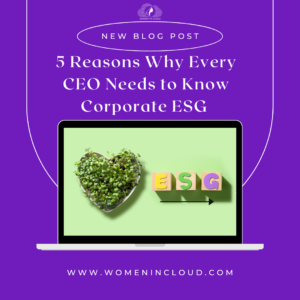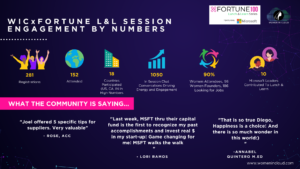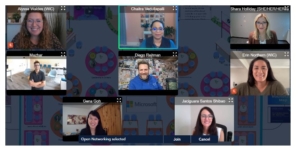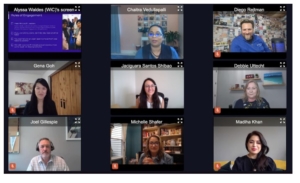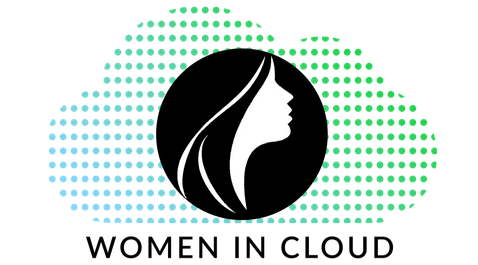As of 2020, only 14.2 percent of people in the cloud computing industry were women – a number that is not improving. We believe that economic growth should be inclusive, reaching every person, organization, community, and country. And it all starts with increasing access to digital skills.
Women in Cloud recognized the importance of cloud certification in building an inclusive workforce and had the reach, approach, partnerships, and engine to make a meaningful impact. We embarked on a journey to test three hypotheses:
- What does it take for women to be job-ready in cloud technologies?
- What partnerships do we need to deliver micro-credentials and hands-on learning experiences?
- What wrap-around services do women need to succeed, including partnerships with Coursera, universities, and tech companies?
Through our experimentation, we learned that it takes $6,000 to $10,000 to provide the necessary services for women/anyone to be job-ready. However, this approach was expensive and not easily scalable. Determined to find a solution, we reverse-engineered a pathway to access $100K Cloud Tech Jobs.
A Breakthrough: Cloud Certification for $250
Collaborating with the Microsoft and Women in Cloud’s Board of Advisors, we identified what it takes to achieve cloud tech certification and devised a plan to make it possible.
After distributing 3,000 scholarships in just 15 months across 65 countries, we are thrilled to announce a breakthrough – women and allies can now become technically certified on Microsoft Cloud products for just $250.

Launching #WICxCloudScholarship Fund
Led by our esteemed Board of Advisors, the Women In Cloud Scholarship Fund is a collective effort driven by our vibrant community. Our mission is clear: to establish and sustain a fund that will empower women by awarding 1,000 life-changing cloud and AI scholarships. Over the next 24 to 48 months, we aim to raise $250,000 to pave the way for women to excel in the cloud industry, fostering diversity and innovation along the way.
We believe that giving is a calling, and giving smart is a choice. But that’s not all. We made it affordable, tax-deductible, and sustainable. This will allow every individual to contribute to the Cloud and AI Workforce Development and make Tech Industry Inclusive.
This holiday season we are launching an innovative campaign “Hope Rises With Every Donation”

In the boundless digital universe, the cloud is a cornerstone of our technological future. However, not everyone has the opportunity to harness its power. This community-driven campaign aims to empower women by providing cloud certification scholarships. Our mission is to raise funds to create 1,000 Cloud Certification Scholarships.
We believe Hope Rises with Every Donation.
Be a part of this transformative giving campaign and help us make a difference! Your contribution can be the turning point in someone’s life. For more information, visit : https://www.gofundme.com/f/wicxcloudscholarshipfund
No Donation Is Too Small
That’s why we offer a variety of tax-smart giving options for your 2023 donations to maximize their effect:
Save on taxes and make an impact: Make a $250+ gift and receive a charitable deductions and sponsor a woman to become cloud certified. Plus get invited to become a mentor/advisor.

We invite you to champion a woman’s ambition and pave the way for her to achieve cloud certification. Together, we can create a more inclusive and diverse future in the tech industry.
Donate and Make an Impact Today

Together, let’s champion her ambition and make the tech industry more inclusive and diverse. Join the #WICxCloudScholarship Fund today!
Connect with Chaitra if you want to join the fundraising team.
Your support matters. Let’s create an Inclusive Future. Champion Her Ambition with Cloud Scholarships and Your Mentorships.

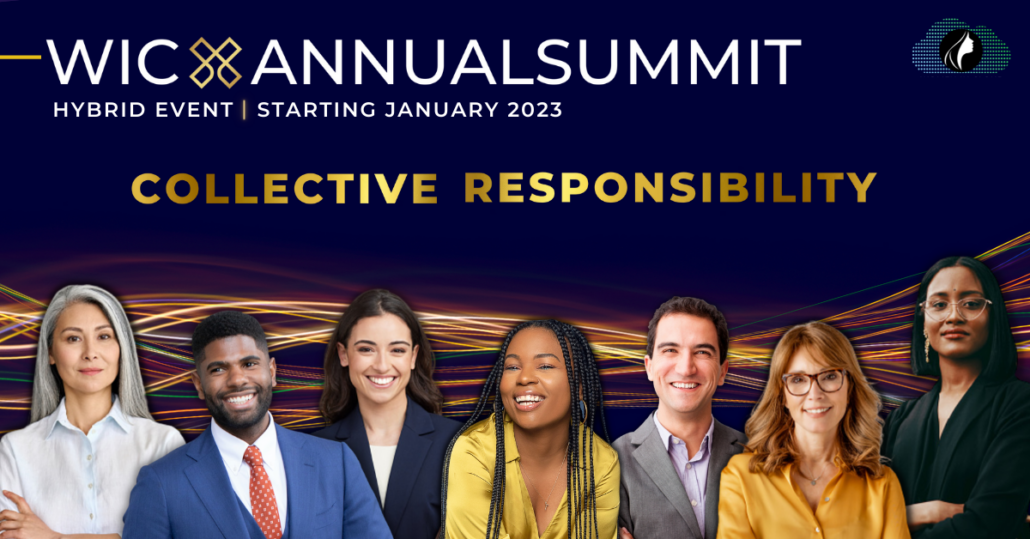
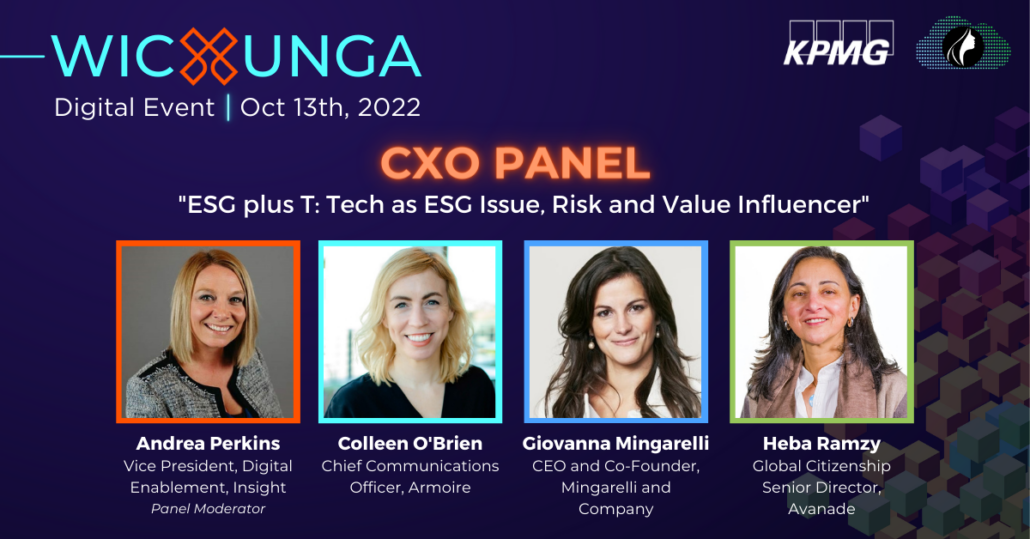 c
c